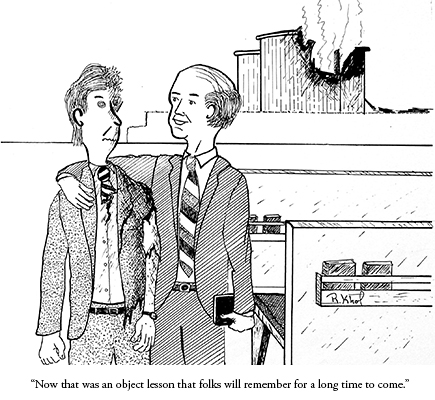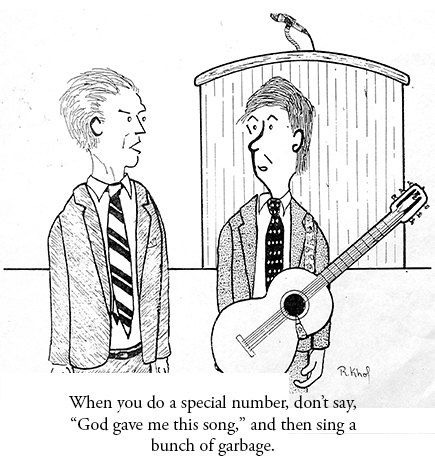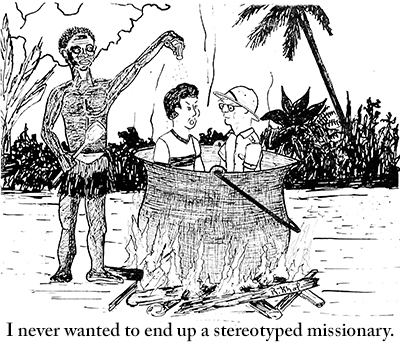Now to the King eternal, immortal, invisible, to God who
alone is wise, be honor and glory forever and ever. Amen.
1 Timothy 1:17
INVISIBLE. Now, isn’t that an odd title to give to the Lord Jesus Christ? After all, He is the second person of the Trinity, and by definition, He has a real body and can be seen and even touched. It’s not surprising, then, that some preachers view this verse as a doxology – a song of praise to God in general rather than to Jesus in particular.
Wait a minute! These praises are addressed to the King Eternal, and that’s clearly a reference to Christ, who is the King of Kings. Another thing: In the first chapter of 1 Timothy, the main focus is the grace and mercy of Christ Jesus. By the time Paul reaches verse seventeen, it seems like he just bursts into praise and thanksgiving for his wonderful Savior.
But how is Jesus invisible, if He has a body? Well, He doesn’t stop being God even though He has a body.
The Lord Himself said, “Where two or three are gathered together in My name, I am there in the midst of them” (Matthew 18:20). Christ is the unseen guest at the table of every Christian home. He is always there at prayer meeting, even when the numbers are down, and His invisible presence is felt every time believers remember Him in the Breaking of Bread.
When the Lord gave the Great Commission, He ended it with the promise, “Lo, I am with you always, even to the end of the age” (Matthew 28:20). That means the Master is very close at all times to His disciples no matter their situation. He is there in the prison cell, in the desert, or even with a saint who is lost in the woods. He is the Invisible friend that is always near and dear.
August 16









